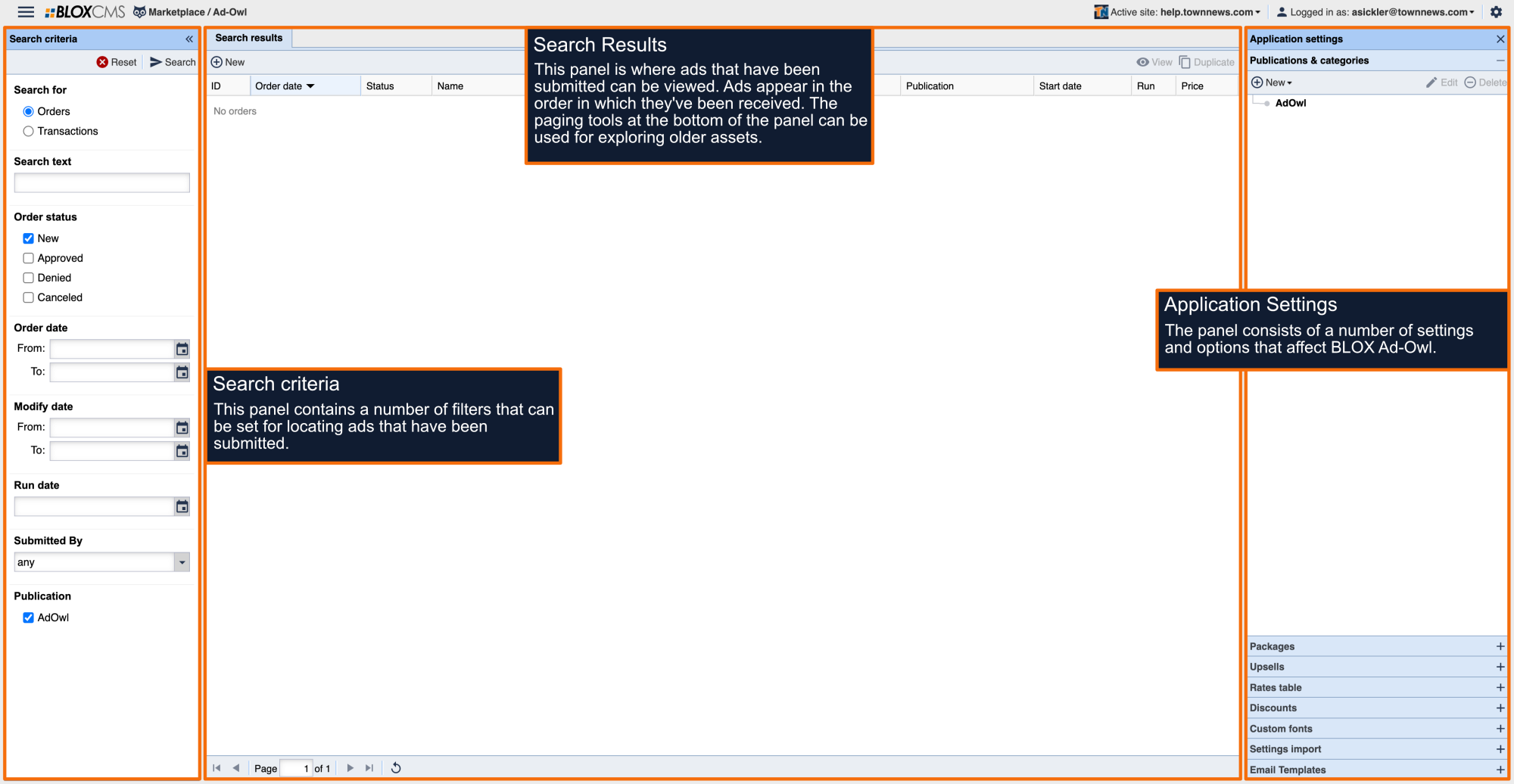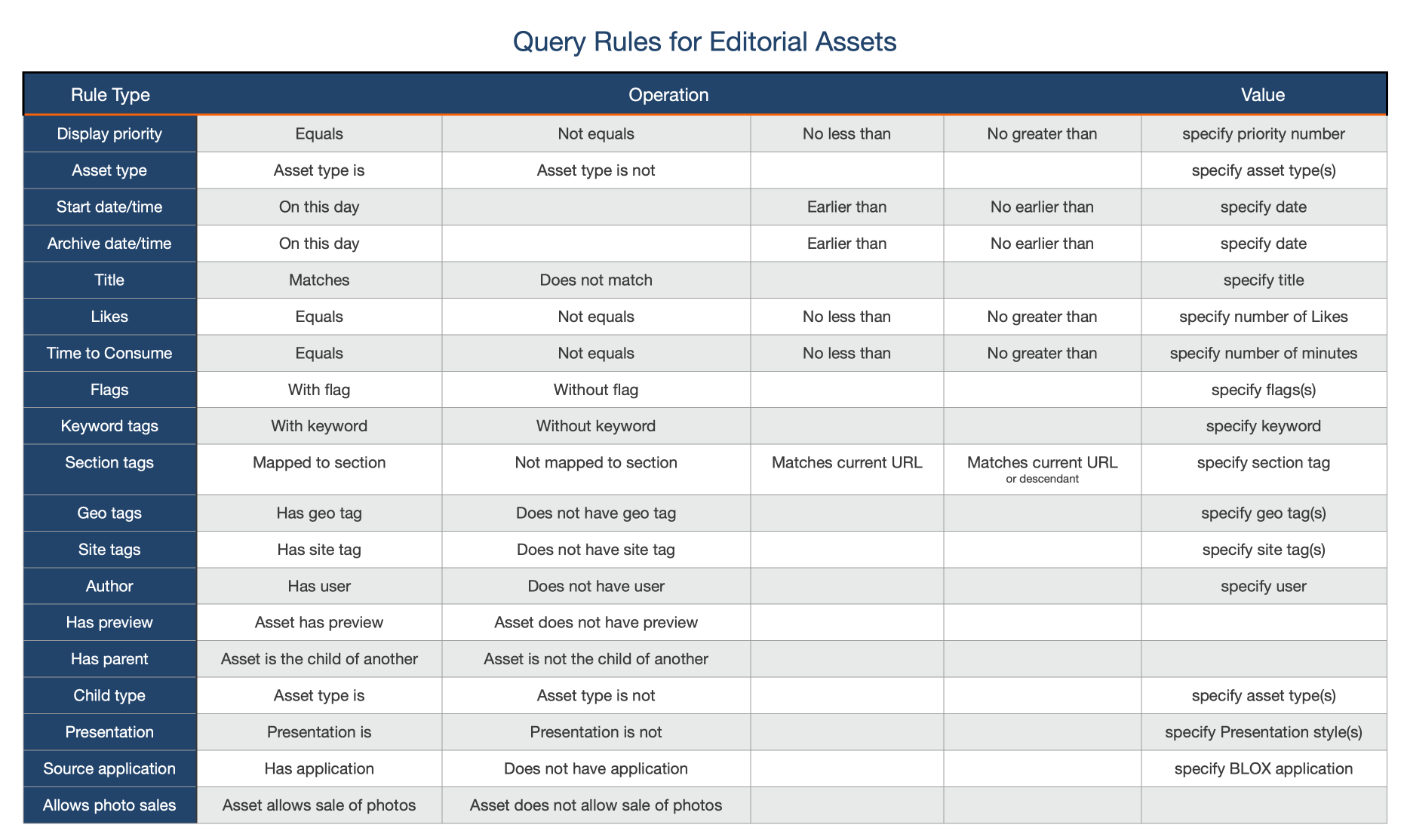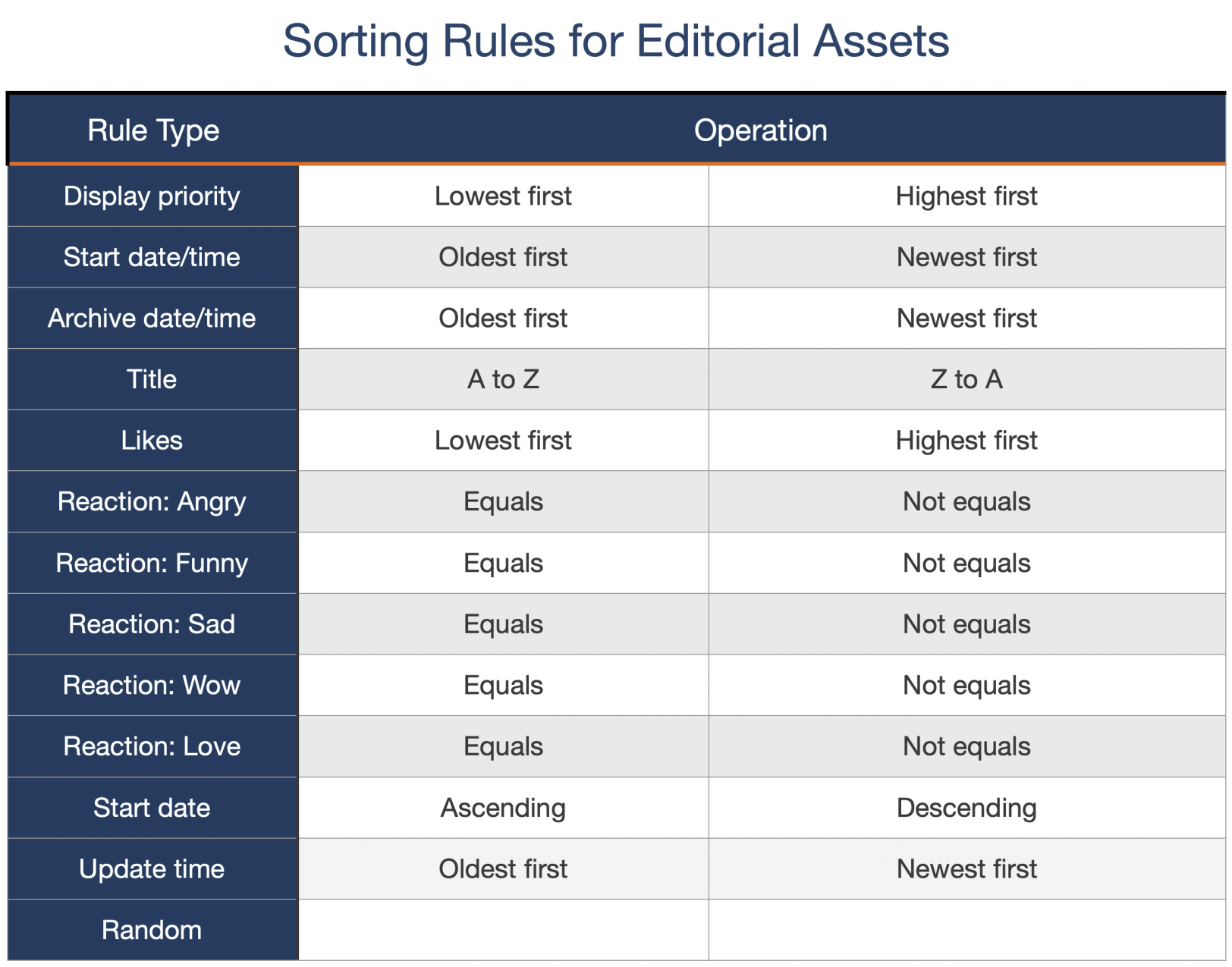What are Default Date Rules?
Default date rules define the days ads are allowed to run on and the amount of lead time required between order placement and the start of the ad run. Default date rules take into account publish days and non-publish dates, such as holidays. All Ad-Owl packages require date rules to be set to ensure that ads are priced correctly. Date rules can be defined globally, where all packages inherit the same default set of start, run and no-run dates, or they can be defined within the packages individually.
Setting default date rules (which are applied to all packages) is generally the preferred method if all or most of the packages have the same start, run and no-run dates AND all packages have the same deadline dates. It's important to note that date rules can be overridden at the package level if necessary, allowing for the bulk of the packages to continue to use the default rules.
Start date rules
Start date rules define the days an ad may start on and the deadline by which the ad must be submitted for the start date to be a valid selection. Deadlines are specified as a quantity of days prior to the start date and a time on that resulting day. Each rule also has an optional start window that specifies the maximum number of days prior to the start date within which an ad order may be placed.
To create a rule, select +Add. This will populate an Editing Start Date Rule window where the following specifics can be defined:
Year: The year the ad can start on.
Month: The month the ad can start on.
Day: The day the ad can start on.
Day of Week: The day of the week the ad can start on.
Deadline Days: The number of days prior to the rule's matching day that the deadline occurs on. (required)
Deadline Time: The time of the deadline day that the deadline occurs on. (required)
Deadline days can be any value, including zero -- which defaults to immediate ad placement. Deadline time is provided in increments of 15 minutes and the start window can be any logical value, though it is most frequently set to 60 days when this value is not provided by the newspaper.
Max Lead Time: The maximum number of days prior to the rule's matching day within that an ad order may be placed. (required)
When finished, choose the Save button at the bottom of the window. This process can be repeated for adding additional date rules.
Run date rules
Run date rules define the days an ad may run on beyond its selected start date. Unless a value is defined, ad runs greater than 1 day will not work. For example, daily newspapers must have all days of the week defined that the paper is published, while weekly newspapers would define the day of print.
To create a rule, select +Add. This will populate an Editing Run Date Rule window where the following specifics can be defined:
Year: The year the ad can run on beyond its select start date.
Month: The month the ad run on beyond its select start date.
Day: The day the ad can un on beyond its select start date.
Day of Week: The day of the week the ad can run on beyond its select start date.
When finished, choose the Save button at the bottom of the window. This process can be repeated for adding additional date rules.
No-run date rules
No-run date rules are optional rules that define the blackout dates otherwise allowed by other lists, such as holidays.
To create a rule, select +Add. This will populate an Editing No-run Date Rule window where the following specifics can be defined:
Year: The year the ad can't run on.
Month: The month the ad can't run on.
Day: The day the ad can't run on.
Day of Week: The day of the week the ad can't run on.
When finished, choose the Save button at the bottom of the window. This process can be repeated for adding additional date rules.







